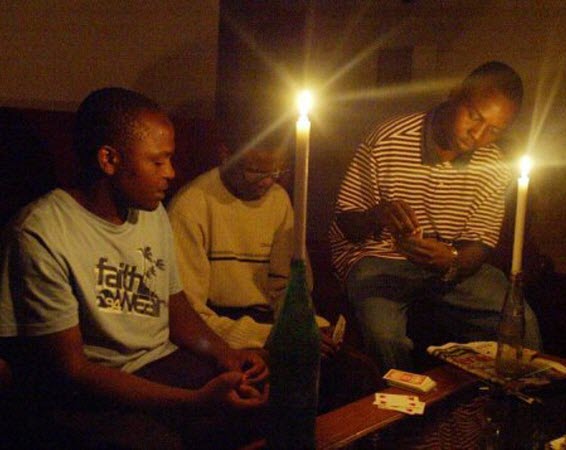There are no products in your shopping cart.
| 0 Items | £0.00 |


NIGERIA has been listed by the World Bank as one of the three countries on the planet with the highest rate of electricity deficit alongside Democratic Republic of Congo and Ethiopia as well as being among the top 20 countries that lacks access to clean fuel.
In what is a major impediment to its development, Nigeria only generates about 7,000MW of electricity, of which it can only distribute 4,000MW. This is wholly inadequate given that the economy requires about 50,000MW to operate properly and as a result, most Nigerians are reliant on private generators for their electricity.
According to the World Bank over the last decade, a greater share of the global population gained access to electricity than ever before but the number of people without electricity in sub-Saharan Africa increased. In a recent report, titled Universal Access to Sustainable Energy Will Remain Elusive Without Addressing Inequalities, the World Bank said significant progress has been made since 2010 on various aspects of the Sustainable Development Goal Seven (SDG7) but progress has been unequal across regions.
“While more than 1bn people gained access to electricity globally over the last decade, Covid’s financial impact has made basic electricity services unaffordable for 30m more people, the majority located in Africa. Nigeria, the Democratic Republic of Congo and Ethiopia had the biggest electricity access deficits, with Ethiopia replacing India in the top three,” the report added.
According to the bank, unless efforts are scaled up significantly in countries with the largest deficits, the world would still fall short of ensuring universal access to affordable, reliable, sustainable, and modern energy by 2030. Nigeria was also listed among the top 20 countries that lacked access to clean fuel and technologies for cooking.
“Of the top 20 countries with the greatest number of people lacking access to clean fuel and technologies for cooking, 10 are located in sub-Saharan Africa. These include Nigeria, Ethiopia, Democratic Republic of the Congo, United Republic of Tanzania, Uganda, Kenya, Mozambique, Madagascar, Ghana and Niger.
“Six are in eastern Asia and southeastern Asia - China, Indonesia, Philippines, Myanmar, Vietnam, the Democratic Republic of Korea - and four are in central Asia and southern Asia - Afghanistan, Bangladesh, India and Pakistan,” the report added.
According to the World Bank, during the period of 2010 of 2019, the top five most populous low and middle income countries of China, India, Indonesia, Brazil, and Pakistan, increased their combined access rate by 2% while progress in all others remained unchanged or stagnant over the same period. Its report said that to ensure no one is left behind, the political commitment and financial incentives must be prioritised in all access-deficit countries to achieve the universal target of SDG 7.